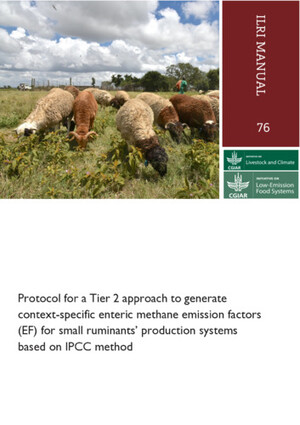
Is agricultural intensification a growing health concern? Perceptions from waste management stakeholders in Vietnam
Abstract
This article characterizes the health risk perceptions toward excreta and wastewater management practices among waste management stakeholders in Vietnam and explores the implications of such perceptions on hygiene behaviors and preventative actions. Key informant interviews (n = 19; 12 women and 7 men) were conducted with farmers, community leaders, researchers, and government representatives in Hanoi and Ha Nam Province. Interviews were audio-recorded with permission, transcribed, and analyzed using a constant comparative method and qualitative thematic analysis. Researchers and government representatives perceived that the lack of knowledge of safe waste management practices among farmers was responsible for the use of “outdated” and often “unsafe” waste management practices. However, many farmers were aware of the health risks and safe hygienic practices but felt that safety measures were impractical and viewed susceptibility to diseases as low risk. Farmers also identified unfavorable climate and working conditions, limited financial capacity, and limited farm space as barriers to adopting safe management practices. At the broader level, inadequate communication between ministries often led to the creation of inconsistent waste management regulations. These barriers create constraints on efforts to improve sustainable waste management practices. Promoting collaboration between sectors, encouraging farmer-to-farmer knowledge sharing, and designing and implementing risk communication strategies that account for risk perceptions of stakeholders are recommended.
Citation
Veidt, J., Lam, S., Hung Nguyen-Viet, Tran Thi Tuyet-Hanh, Huong Nguyen-Mai and Harper, S.L. 2018. Is agricultural intensification a growing health concern? Perceptions from waste management stakeholders in Vietnam. Sustainability 10(12): 4395.







